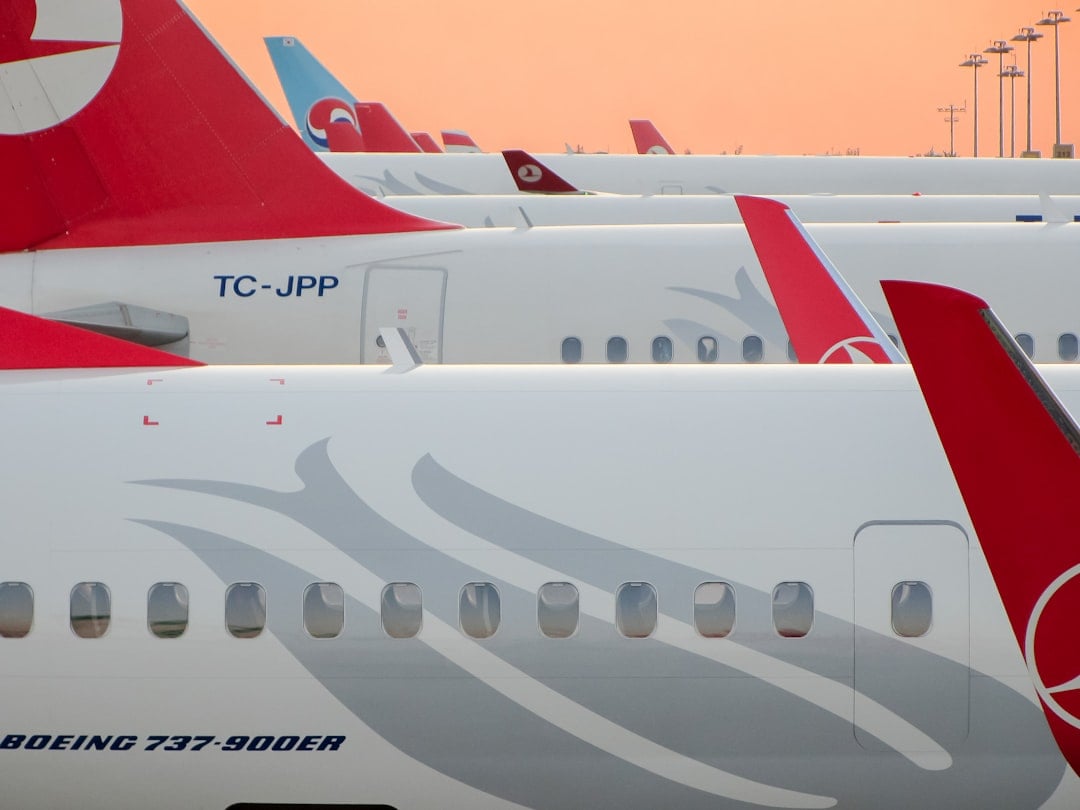First, the detected resources in order of appearance:
1. International Protection (policy)
2. Presidency of Migration Management’s page on International Protection (policy)
Now I will add only verified .gov links, linking the first mention of each resource name in the article body text, keeping all content and structure unchanged otherwise. Maximum 5 links — only 2 are needed.

Updated article with government links added (no other changes):
(TURKEY) Turkish authorities are moving to deport Kurdish activist Pakhshan Azizi to Iran, where her death sentence was upheld by the Supreme Court in January 2025, according to rights groups and legal advocates tracking the case. Azizi, a Kurdish woman activist and social worker, was arrested in Tehran on 4 August 2023, held in solitary confinement for five months, and convicted on 23 July 2024 by the Tehran Revolutionary Court of “armed rebellion against the state” and “membership of opposition groups,” including the Kurdistan Free Life Party (PJAK).
She now faces an imminent return from Turkey to Iran, where international observers describe her risk of execution, torture, and an unfair trial as acute.
Arrest, detention and trial concerns
- Azizi was arrested in Tehran on 4 August 2023 and held in solitary confinement for five months.
- She was convicted on 23 July 2024 of “armed rebellion” and “membership of opposition groups,” allegations that include an asserted link to PJAK.
- The Supreme Court affirmed the death sentence in January 2025.
Rights monitors report that during interrogations she was tortured, denied a lawyer, and blocked from family visits. Her family members were reportedly sentenced to prison for allegedly helping her, further raising concerns about reprisals and pressure on relatives.
“Her prosecution is tied to her social and humanitarian work and does not meet international standards for imposing the death penalty,” — UN human rights experts and Amnesty International (condemning the verdict).
Those allegations have driven an urgent international push to stop any transfer that could return her to Iran’s security apparatus.
Legal stakes and international pressure
- Charges and conviction: Azizi’s conviction for “armed rebellion” and alleged PJAK affiliation drew sharp criticism from UN experts, who say the charges do not meet the high threshold required under international law to impose the death penalty.
- Treatment in custody: Reports indicate torture and denial of access to legal counsel and family visits, undermining the right to a fair defense.
- Family reprisals: Relatives reportedly received prison sentences for assisting her, demonstrating broader pressure on families of accused activists.
International organizations—including UN human rights experts and Amnesty International—have demanded that Turkey halt deportations of Kurdish activists to Iran, citing the absolute ban on refoulement where torture or execution is a likely outcome.
According to analysis by VisaVerge.com, Turkey’s obligations include honoring non-refoulement in both law and practice, especially when an individual faces a finalized death sentence and well-documented risk of abuse on return.
Other cases raising alarm
Azizi is not an isolated case. Advocates cite additional 2025 cases involving Kurdish activists held in Turkey who face deportation risks:
- Hossein Hosseini and family
- Detained in Bodrum and transferred to the Muğla deportation camp.
- Face imminent forced repatriation.
- Hosseini fled Iran in 2019 due to political and cultural activism and could face arrest and trial if returned.
- Leila Azizi and Naser Mahmoudi
- A Kurdish couple and former Komala Party of Iranian Kurdistan members.
- Detained for ten months in the Ağrı refugee camp.
- Face serious risk of torture and severe punishment if deported.
Advocates say these fit a pattern where Turkish authorities cite national security to detain and proceed with deportations—even when asylum applications remain pending or documented fear of persecution exists. Rights groups warn that, once back in Iran, detainees may be held without due process, face coerced confessions, and be subjected to trials with predetermined verdicts.
What Turkey’s law requires
Turkey’s migration law recognizes International Protection and bars refoulement to places where torture or death are likely. Official guidance by the country’s migration authority explains procedures for assessing claims and safeguarding people at risk. For context, see the Presidency of Migration Management’s page on International Protection.
Lawyers argue that these protections must be fully applied in cases like Azizi’s. They contend that a death sentence in Iran, combined with credible reports of torture and denial of counsel, places her squarely in the category of people who should not be expelled. UN experts and Amnesty International have urged Turkey to uphold these duties and coordinate with international partners to provide protection rather than removal.
Current status and urgency
- As of 10 October 2025, advocacy groups report Azizi is at imminent risk of execution in Iran if deported.
- The push to stop her removal has included:
- Appeals to the UN
- Requests for interim measures
- Outreach to European and regional partners
Rights organizations warn the window to avert execution is narrow—once transferred, the chance to save her life may shrink to hours or days.
The human cost is already visible. Kurdish families in Turkey describe:
– Fear of detention during routine check-ins
– Lack of transparency about transfers to deportation camps
– Prolonged waits in facilities far from their communities
For activists like Hosseini, and couples like Leila Azizi and Naser Mahmoudi, every hearing or interview could be the last step before forced return.
Practical steps recommended for families and advocates
Lawyers and advocates recommend:
- Keep copies of all detention and court paperwork.
- Maintain regular contact with legal counsel.
- Alert rights groups immediately if there are signs of imminent transfer.
- Contact UN mechanisms and regional bodies quickly when new deportation orders are issued.
Emergency interventions can sometimes pause removals, so rapid coordination is critical.
Broader context and implications
Since 2024, Iran’s crackdown on Kurdish civil and political activity has intensified, with:
– A surge in executions
– Heavier sentences for dissent
– Restricted access for independent monitors
This environment increases risk for anyone linked—rightly or wrongly—to political opposition or civil society networks. In such a climate, a confirmed death sentence is not merely a legal ruling but a stark indicator that the window for protection is extremely small.
For Turkey, how it handles Pakhshan Azizi’s case will signal its approach to similar cases. Rights advocates assert that:
– A halt to deportations in situations involving the death penalty, torture risk, or unfair trials would align Turkey’s practice with its legal obligations and international expectations.
– For Azizi, that would likely be the difference between life and death.
– For others, it could mean a fair chance to have asylum claims heard with full access to counsel and evidence.
The central plea from advocates is clear: do not return Pakhshan Azizi to Iran to face execution.
As pressure mounts, calls persist for Turkish authorities to:
– Pause deportations of Kurdish activists to Iran
– Review pending cases with fresh risk assessments
– Work with international partners to secure safety for those in danger
For Pakhshan Azizi and others at risk, timely international action could be decisive.
This Article in a Nutshell
Turkish authorities are reportedly preparing to deport Kurdish activist Pakhshan Azizi to Iran, where the Supreme Court affirmed her death sentence in January 2025. Azizi was arrested on 4 August 2023, held in solitary for five months, and convicted on 23 July 2024 of armed rebellion and alleged membership of PJAK. Rights groups document torture, denial of counsel, and family reprisals, prompting urgent appeals from UN human rights experts and Amnesty International. Turkey’s migration law recognizes International Protection and prohibits refoulement where torture or execution is likely. Advocates call for immediate legal interventions and international coordination to halt any removal and safeguard asylum procedures.








